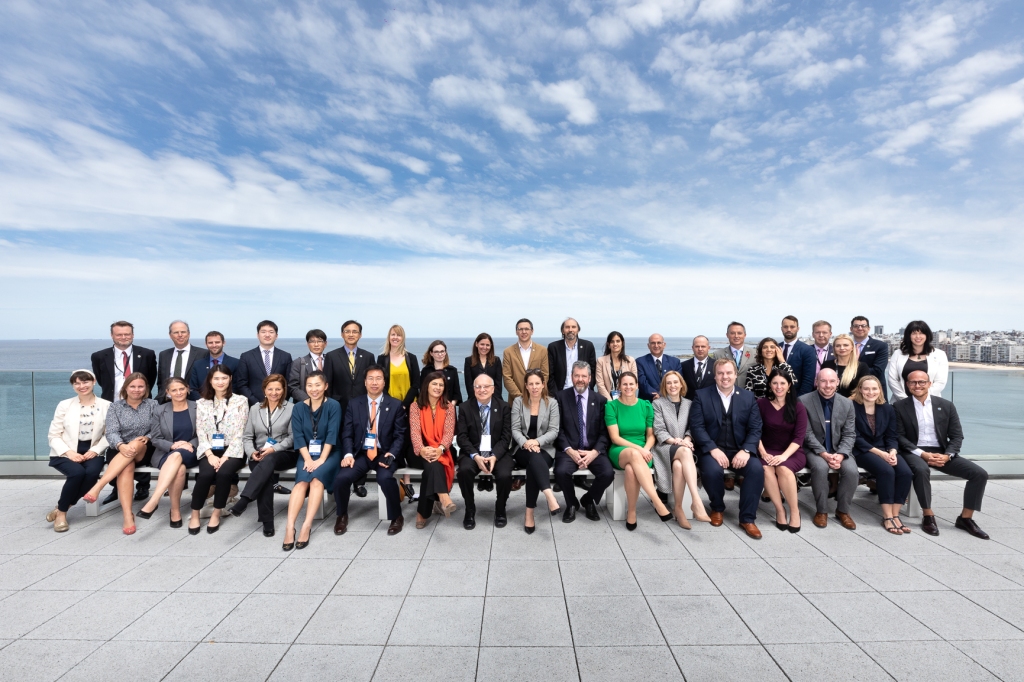Digital Nations, more recently known as Digital9, is a collaborative network of the world’s leading digital governments. It recently held its annual Ministerial Summit in Uruguay, where Denmark was welcomed as the newest member of the network. Data 360° Declaration was also signed at the Summit, acknowledging data as the foundation for the digital government in the 21st century.

Common vision for data future
The Data 360° Declaration outlines a common vision for governments on creating, collecting, managing, governing, sharing and using data. According to the declaration, governments should strive to use data for the public good. The aim is to harness data in service of bettering citizens’ lives through improved service delivery, better informed decision-making, and fostering trust through transparency and accountability among other things.
The vision relies on the following set of principles: accessibility, human rights, fitness for purpose, interoperability, open by default, and privacy and security. These common principles for the Digital Nations countries also form a strong basis for practical collaboration projects in the near future.
Working groups
The Summit also included working-level meetings among experts on the topics of digital ID, artificial intelligence, digital rights, and data. It’s an ideal situation for countries to be sharing experiences and exchanging knowledge. For example, Estonia, can draw from its extensive experience with electronic ID and the services built around it. Additionally, since the focus is on AI now more than ever before, the recent Estonian national AI strategy is also well aligned with common endeavors in boosting the application of artificial intelligence.
Becoming Digital Nations
Digital Nations, formerly known as Digital9 is a network of countries with the world’s leading digital governments commonly focused on e-governance solutions in service of citizens. The founding members of the Digital Nations are Estonia, Israel, New Zealand, Republic of Korea, and the United Kingdom. Members also include Canada, Uruguay, Mexico, Portugal and now Denmark, too. The chairing country for 2020 is Canada.
In Estonia the engagement with Digital Nations is lead by the Ministry of Economic Affairs and Communications.
Resouce: e-estonia


